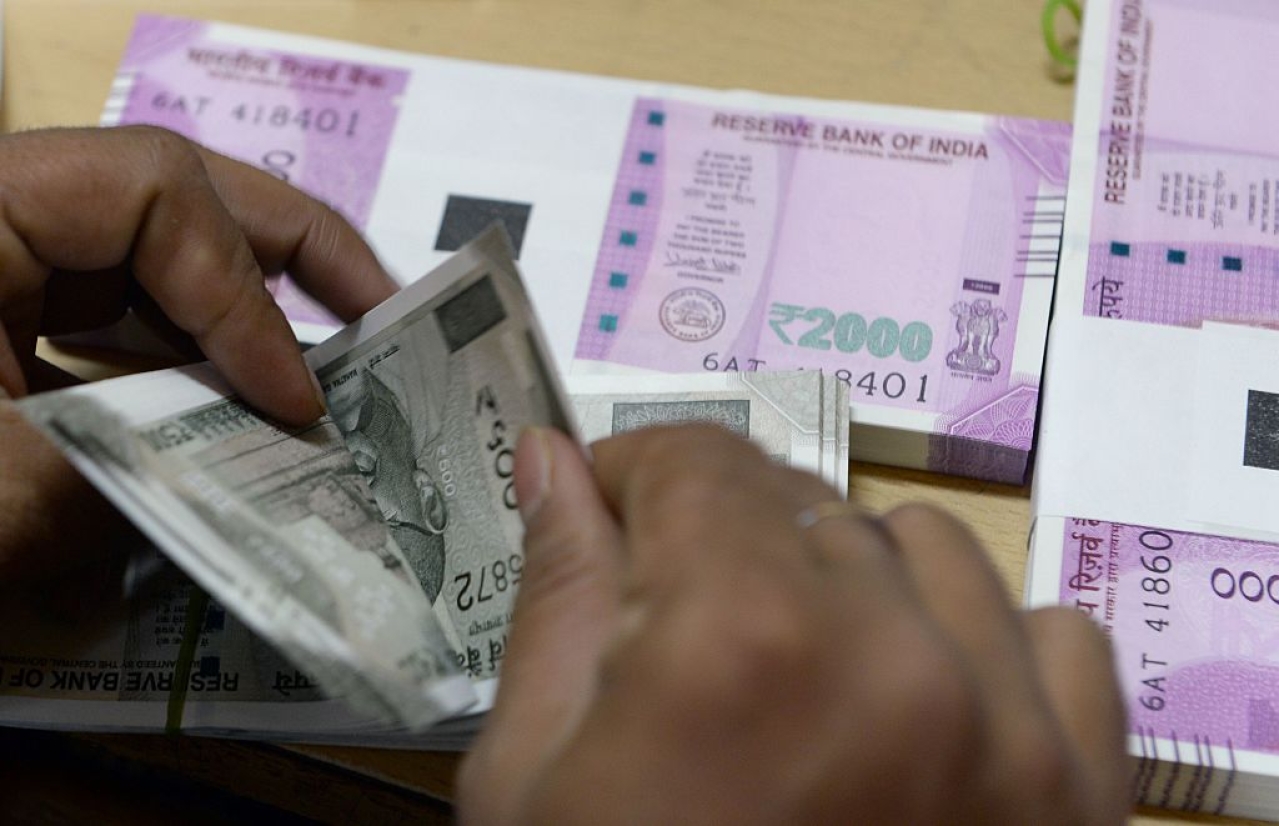Output data suggests that eight core sectors contracted by 6.5% in March.
The Covid-19 pandemic has led to the destruction of the world economy and India is no exception to this. Most prominently, Indian states are facing a total crash in their revenue collection. The Goods and Service Tax (GST), Value Added Tax (VAT) and excise collections in the states are likely to reduce up to 90%.
The nationwide lockdown was clamped on 25 March to check the spread of the virus and this measure led to the contraction of core sector output which further led to lower collection of GST. The output data released earlier this month suggests that eight core sectors contracted by 6.5% in March.
Sources have confirmed that GST collection in April, in most of the states, has gone down by 90%. The most affected states include Delhi, Karnataka, Maharashtra, Gujarat, Punjab, Andhra Pradesh, and Tamil Nadu, besides others. A sharp dip in revenue collection in states has forced the Ministry of Finance to defer the release of GST data of April.
The trend of reduction in revenue collection started from March, as GST collection for March was Rs 97,597 crore, lower than the set target.
The same collection for February this year was Rs 1,05,366 crore. Facing lower GST collection and delayed compensation, the finical situation in most of the states is in a bad shape. Experts say that not only is the revenue collection low, but in the wake of the Covid-19 crisis, state governments are also facing higher-than-expected spending which has caused a borrowing crisis.
Amit Singh, an expert on GST and member of CA cell of the Bharatiya Janata Party, told The Sunday Guardian: “The revenue collection is low, states have not been paid their compensation meant to be paid by the Central government against the lesser GST collection and this has led to a kind of stagnation. If the situation stays for a longer period, it will lead to inflation, payment crisis, and joblessness. However, the Reserve Bank of India (RBI) stepped in to reduce the cash crunch in the states and increased the Ways and Means Advances (WMA) limit of states by 60% over and above the level as on 31 March and this will now enable the states to borrow short-term liquidity from the Central bank to the tune of over Rs 50,000 crore, but the increased WMA limit will be available for states till 30 September and, therefore, the states need to ramp up the revenue collection soon.”
Answering queries on the possibility of state governments raising excise for quick revenue earnings, Singh said: “Recently, the Delhi government raised excise duty on the sale of the liquor. Also, the Central government has hiked excise on diesel and petrol—this trend will be followed by many states and you will see the prices of even essential commodities going up.”
It is expected that GST revenue collection in April and May would mainly come from sectors like pharma, telecom, FMCG, and food processing.

